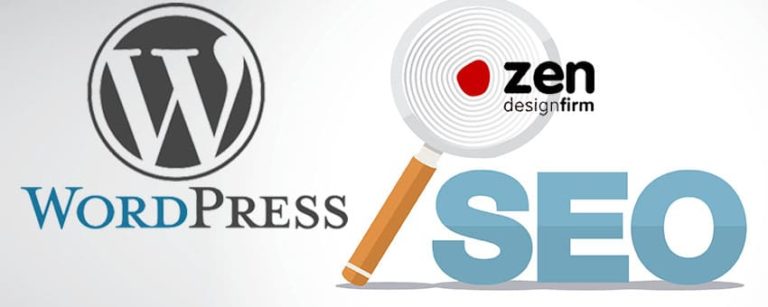The 2nd Deadly Sin of SEO: Keyword Stuffing
It is no secret that your keyword selection is an indispensable asset to your SEO. The keywords that you select, and how you use them, have a direct effect on your SEO rankings. Search marketers have long understood this, and have used it to their advantage.
Search marketers have also exploited this. They packed their pages with the same keywords repeatedly. Each page was an obvious attempt to game the search engines. Keyword stuffing was all about volume because that’s what the search engine algorithm valued. The more the keyword was put on the page, the more relevant the page had to be. Of course, it wasn’t like that at all—it was just a way to climb the search engines with little effort.
Keyword stuffing, to an extent, used to work. Shoving your keywords into your page was a good way to appear relevant for your search terms.
Now, it doesn’t work so well.
There are some search marketers who believe that putting a keyword in a page a certain number of times will yield successful results in their SEO campaign. They may not be overstuffing the page with the same keywords like in years past, but they are trying to hit an exact percentage of keyword density, which could be anywhere from 5-15%.
The problem with this, like the other Deadly Sin of SEO, is the over-optimization. And this over-optimization comes at the cost of decreased user experience. Stuffing the page with the same keywords can yield hard-to-read content that is devoid of real value. Google wants to move away from this.
Google is all about giving its users the most relevant and valuable results in the search engines. If your SEO practices are opposed to this, you need to switch up your strategy.
Every SEO campaign, whether people like to admit it or not, is a manipulation of the search engines. What are the best ways to elevate our position in the search engines? What are the best methods to obtain our desired rankings quickly and efficiently? The manipulation in the past could have been obvious and clear. Now, your manipulation needs to go under the radar of Google’s algorithm.
The alternative to keyword stuffing
The fact is that you need to put your targeted keywords in your page. There are people who are so scared of over-optimization that they underuse their keywords. This is nearly as bad as overusing them. If your keywords are not on your page, Google cannot detect your relevancy to that search term.
The best way is not to aim for a specific percentage. The best way is not to put the same keywords in the same places on all of your pages.
The best alternative is to fit your keywords, and their variations, inside your content as naturally as possible. Find long tail variations of your main keywords and weave them into your content. Meaning, if your keyword is home renovation New Orleans, do not keep using that same exact keyword. Add more words to make it longtail. You can do things like best home renovation company in the New Orleans area.
Use synonyms for your main keyword. Synonyms also help Google detect relevancy for your search terms. And, in Google’s eye, the use of synonyms is perfectly natural.
An example of a synonym:
Desk=Table
Car=Automobile
Guide=Book or Report
You are not over-optimizing your site with the same exact keywords. You are adding variety to your content with the use of related words that will only add targeted relevancy.
It’s a necessity to put your keywords on your pages. But overstuffing your page with keywords is a clumsy strategy. Use a mix of your main keywords, longtail versions of them, and synonyms to gain relevancy in the search engines.
















